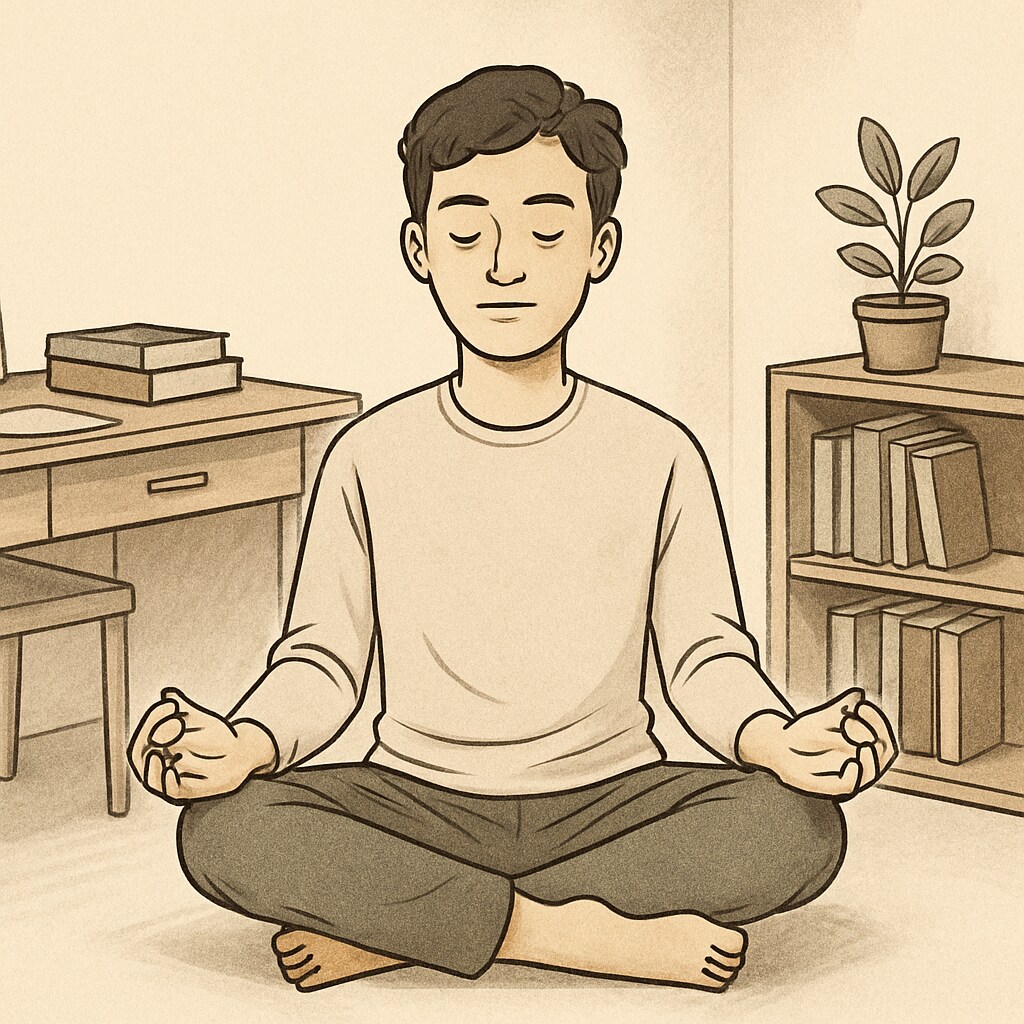The period surrounding GCSE results often breeds intense academic anxiety among students, as they worry about their future prospects. For many, these exams are seen as a defining moment that will shape the rest of their lives. But is this perception truly warranted? This article aims to explore the psychological impact of GCSE exam pressures, debunk the myth that grades solely determine success, and share actionable strategies for students to overcome stress and maintain a balanced perspective.
Understanding the Roots of Academic Anxiety
Academic anxiety, particularly concerning GCSE results, is a widespread issue affecting students across the United Kingdom. The pressure to excel academically often stems from societal expectations, parental influence, and the fear of failure. According to a Wikipedia article on academic stress, this form of stress can lead to physical symptoms like headaches and fatigue, as well as mental health challenges such as depression and low self-esteem.
In addition, the education system often reinforces the idea that academic performance is the sole gateway to future success. As a result, students may feel that their entire identity and worth hinge on their GCSE grades. This mindset not only fuels stress but also creates an unhealthy attachment to external validation through academic achievements.

Why GCSE Results Don’t Define Your Future
While GCSE results are undoubtedly important, they are not the ultimate measure of your potential or the sole determinant of your future prospects. Many successful individuals have charted unconventional paths, proving that career and personal achievements are influenced by a variety of factors, including skills, passion, and resilience.
For example, Richard Branson, the founder of Virgin Group, famously struggled academically and left school at a young age. Yet, his entrepreneurial spirit and determination propelled him to success. Similarly, countless professionals have pursued alternative educational routes such as vocational training, apprenticeships, or higher education later in life.
- Success depends on a combination of soft skills like communication and adaptability.
- Opportunities are often created through networking and practical experiences.
- Education is a lifelong journey, not confined to a single set of exams.
Therefore, while GCSE results can open certain doors, they don’t close others. The journey to achieving your goals can take many forms, and setbacks can often lead to unexpected opportunities.
Practical Ways to Manage Exam Stress
Managing stress related to academic performance is essential for maintaining mental health and achieving balanced growth. Below are some evidence-based techniques to help students cope with exam anxiety effectively:
- Practice mindfulness: Engaging in mindfulness exercises, such as meditation or deep breathing, can help reduce stress and improve focus. Apps like Headspace and Calm offer guided sessions tailored for students.
- Develop a study plan: Breaking down revision into manageable chunks makes the process less overwhelming and allows for more effective learning.
- Seek support: Talking to a trusted teacher, parent, or counselor can provide emotional relief and practical advice.
- Maintain a healthy lifestyle: Regular exercise, a balanced diet, and sufficient sleep are crucial for physical and mental well-being.
- Shift your mindset: Remind yourself that exams are just one part of your journey and do not define your worth or potential.
For more tips on handling stress, check out this resource on stress management from Britannica.

Looking Beyond GCSE Grades
It’s essential to remember that life is full of opportunities to grow, learn, and redefine your goals. Whether your GCSE results meet your expectations or fall short, they are just one part of your broader educational and personal journey. Consider the following points:
- Failures and setbacks are valuable learning experiences that build resilience.
- Alternative pathways, like vocational qualifications or gap years, can provide clarity and direction.
- Your worth extends beyond academic results; focus on personal growth and well-being.
Success is not a straight line, and everyone’s path looks different. By shifting your perspective and focusing on holistic development, you can unlock opportunities that align with your unique strengths and aspirations.
Readability guidance: Use short paragraphs and lists to summarize key points. Incorporate transition words like “however,” “therefore,” and “for example” to improve flow. Focus on clear, actionable advice to engage the reader.


